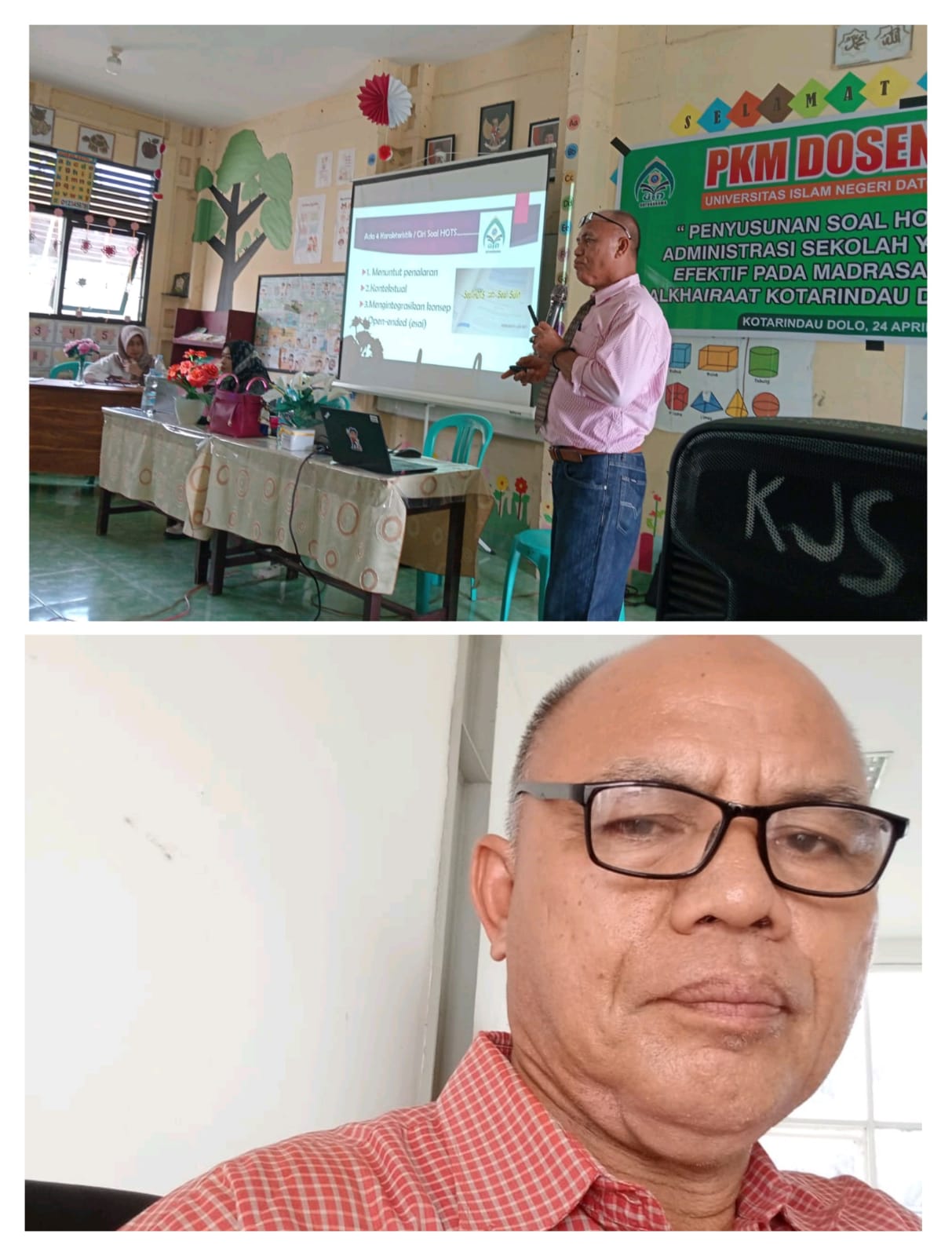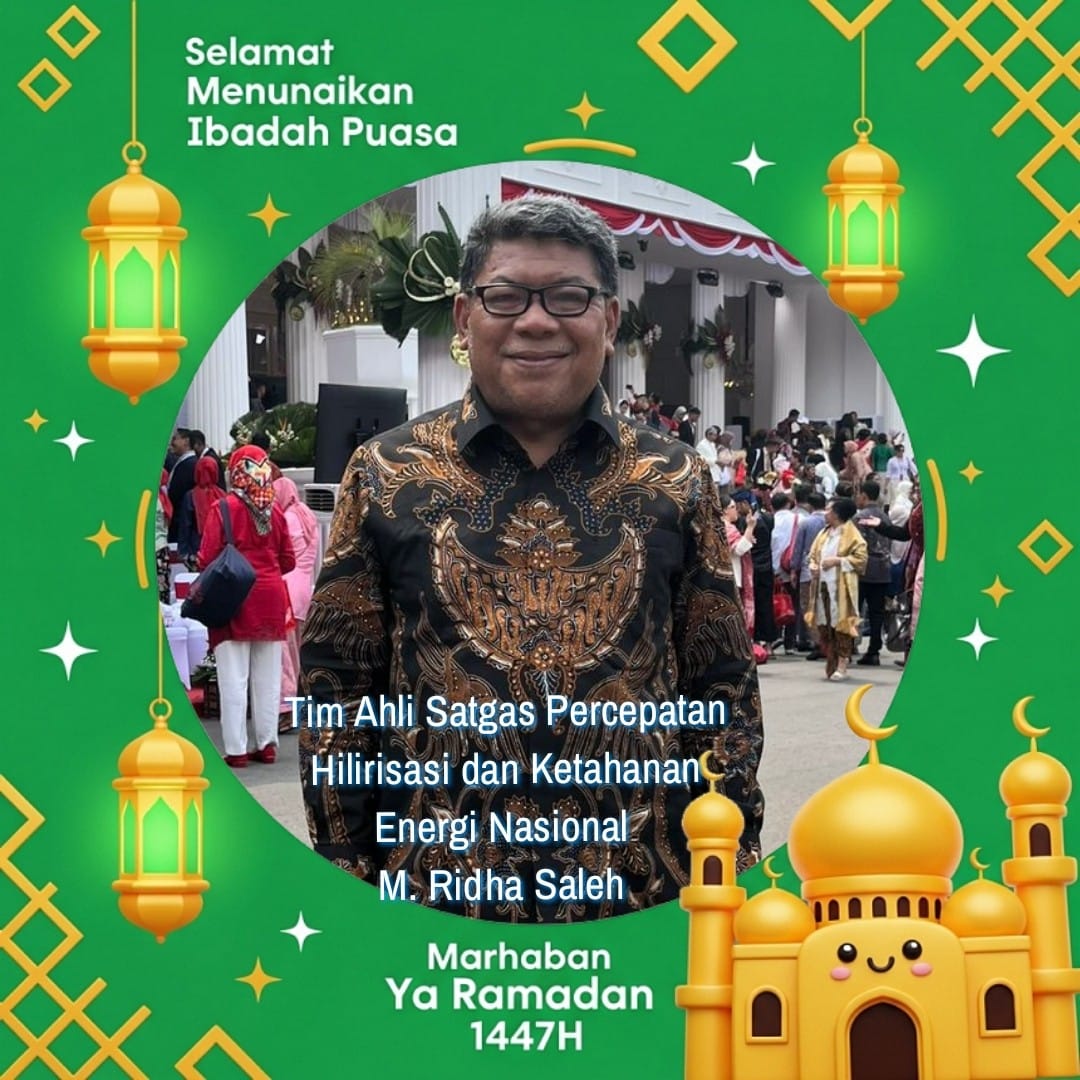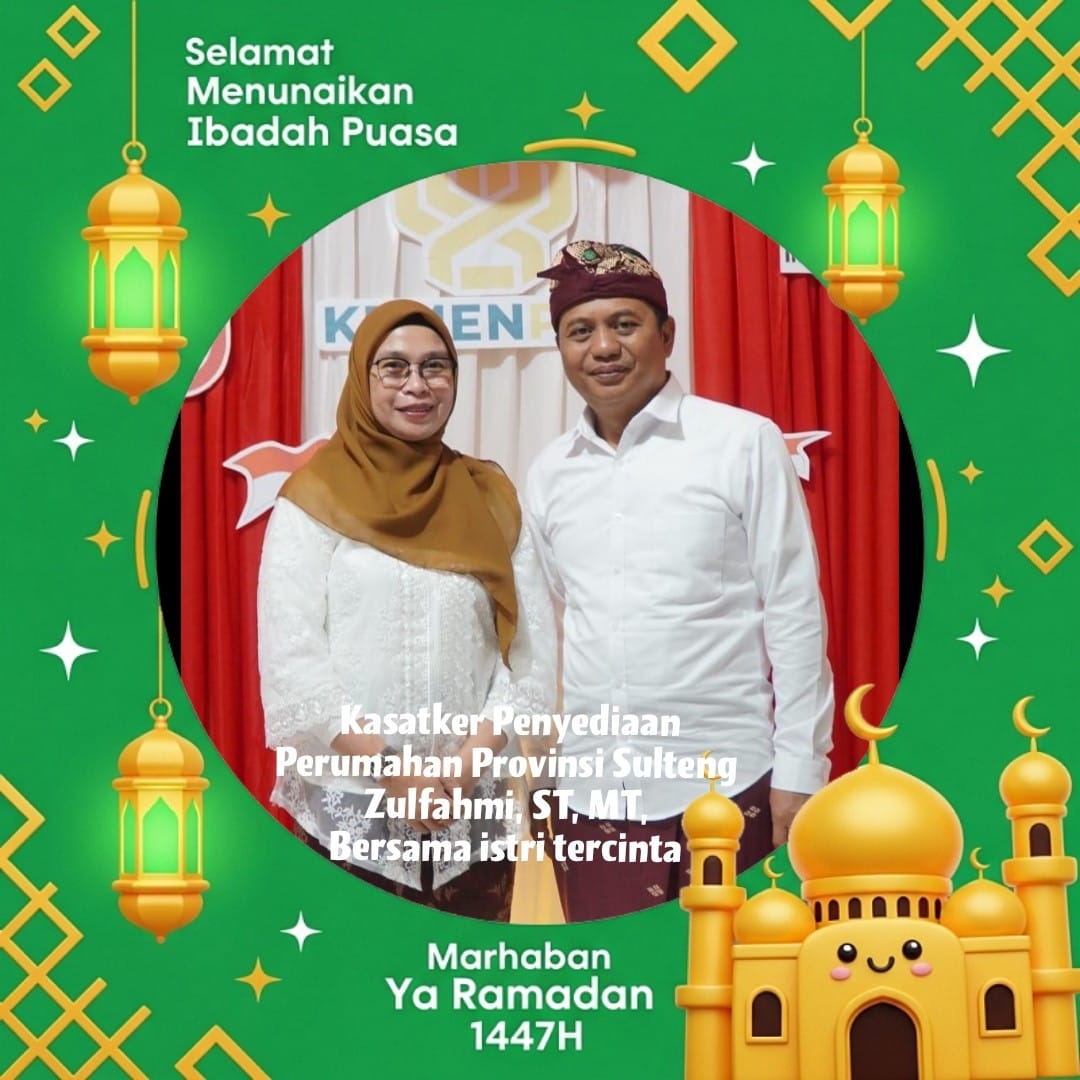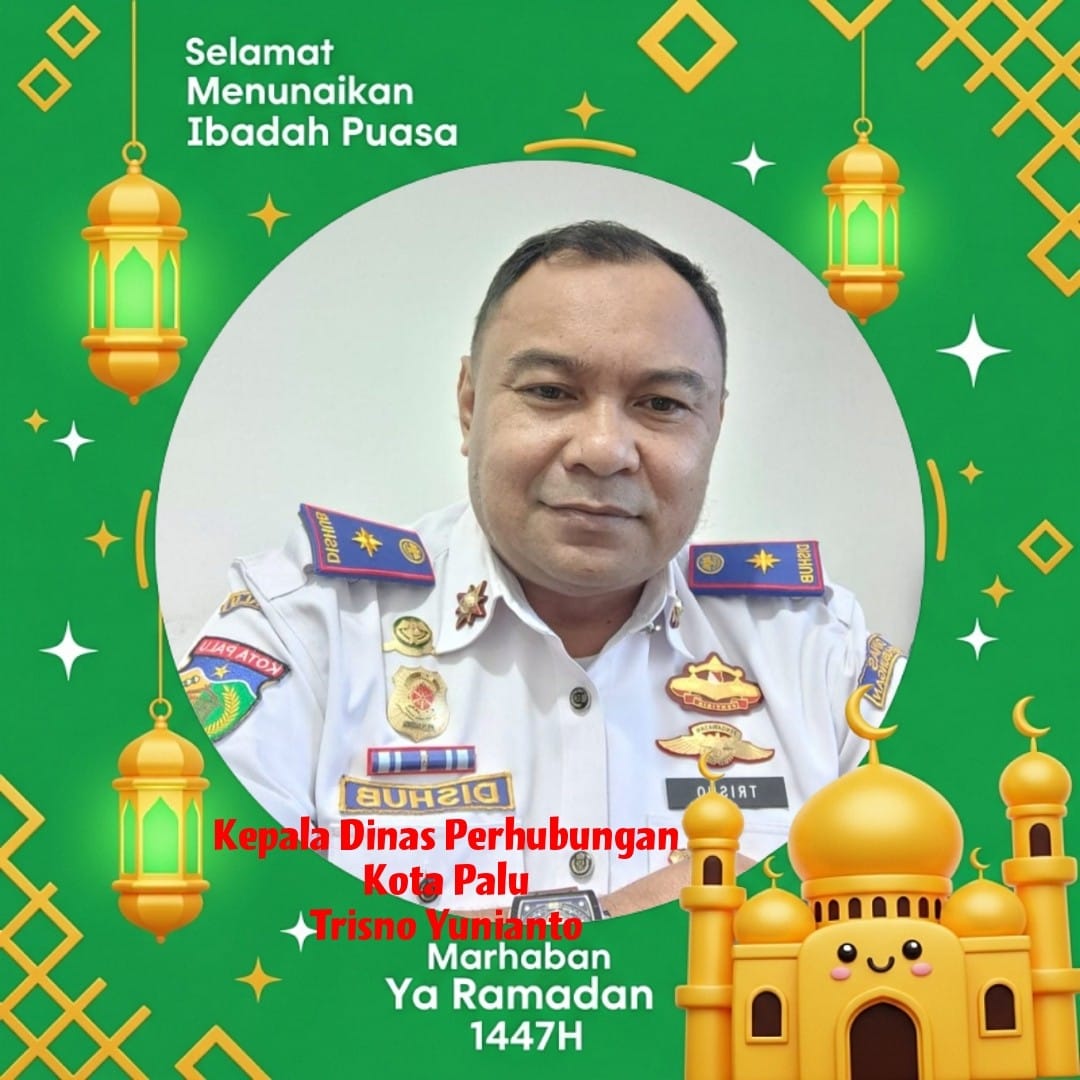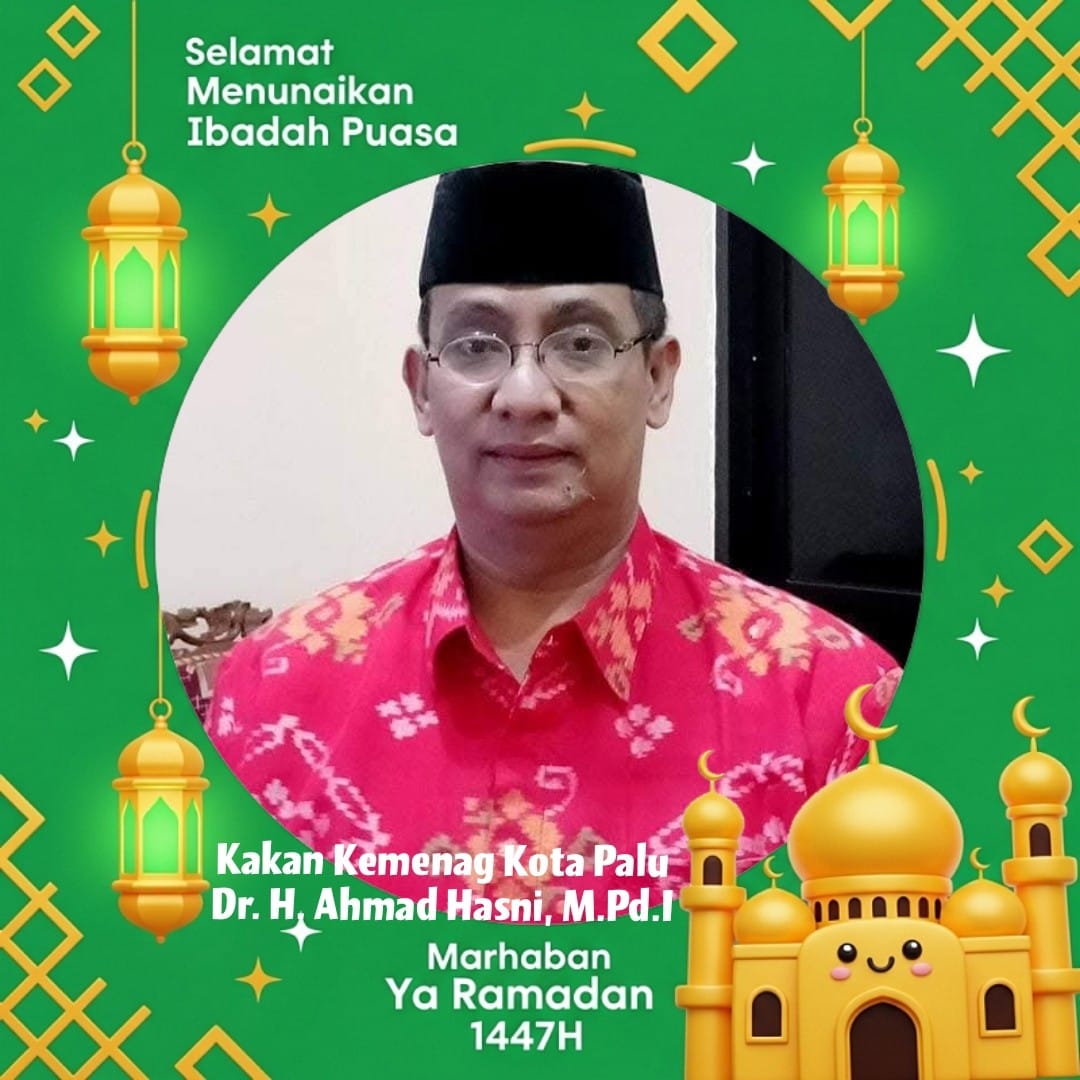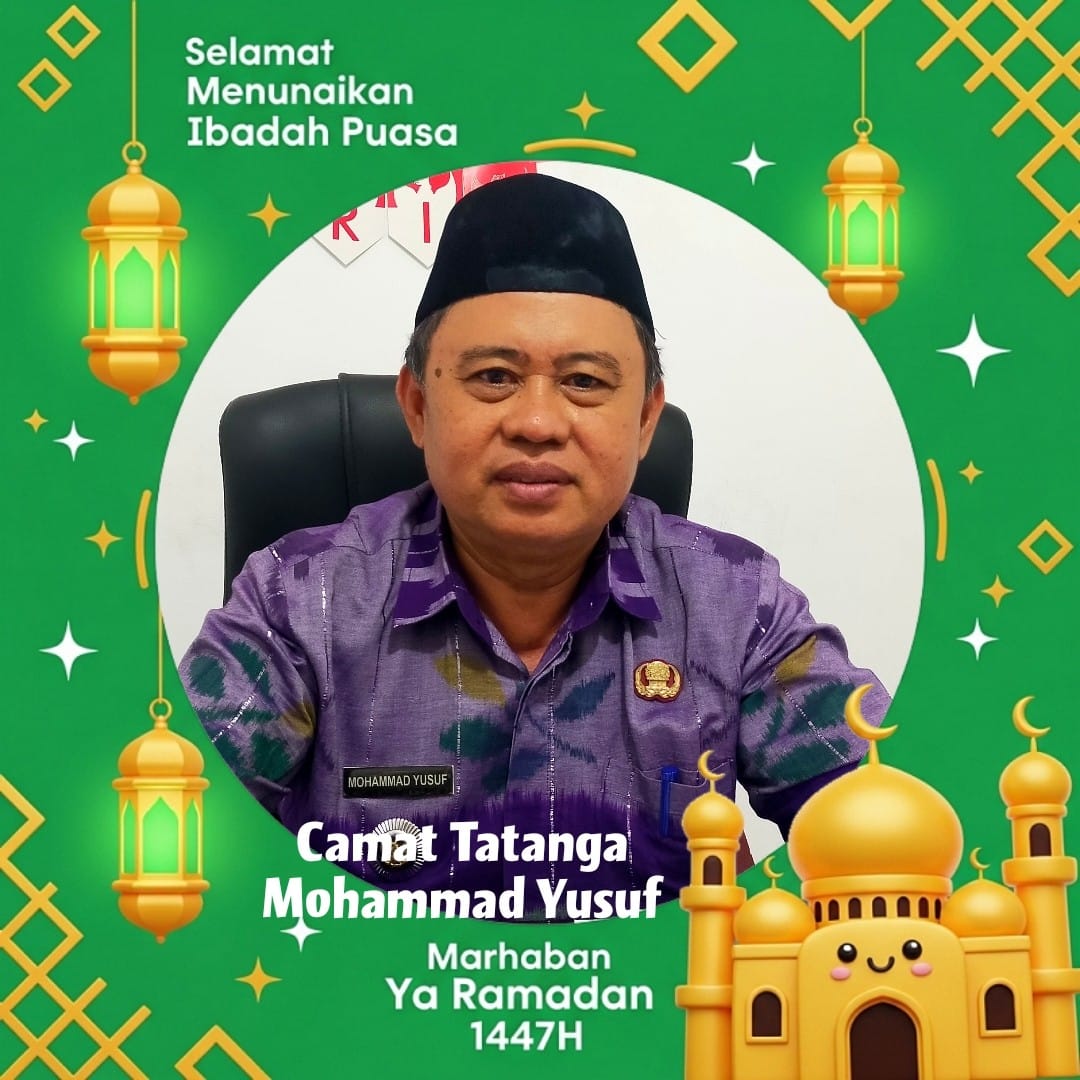Oleh :
Dr. Sjakir Lobud, S.Ag, M.Pd
Abstract
This study explores how da‘wah—the Islamic concept of moral invitation and societal guidance—can be integrated into contemporary governance through the framework of Islamic educational leadership. Using a qualitative-descriptive approach, this paper examines the intersection between religious values and administrative practices in public policy implementation. The research draws upon interviews and document analyses from Islamic educational leaders and public officials in Indonesia, focusing on how principles of amanah (trust), ‘adl (justice), and khidmah (service) are applied in public institutions. Findings reveal that da‘wah-based leadership offers a unique moral framework that enhances accountability, transparency, and social participation within governance systems. Furthermore, it suggests that Islamic educational leadership, when aligned with public policy ethics, can foster a culture of integrity and servant leadership in the bureaucracy. The study contributes to bridging the gap between Islamic moral philosophy and the discipline of public administration, offering a spiritual-ethical foundation for good governance in Muslim-majority societies.
BACA JUGA: Bidhumas Polda Sulteng Klarifikasi Dugaan Penggelapan Mobil oleh Briptu Yuli Setyabudi
Introduction
Governance in Muslim-majority societies has long faced the challenge of balancing administrative efficiency with moral and spiritual integrity. In Indonesia, as in many Islamic contexts, the discourse on governance often separates bureaucratic management from the moral and spiritual dimensions rooted in Islam. However, Islamic teachings—particularly through the concept of da‘wah—emphasize the holistic integration of ethics, community service, and leadership responsibility in all aspects of social life. This raises an important question: how can the moral spirit of da‘wah be internalized into the practice of governance and public administration?
BACA JUGA: Telaah Adam as Sebagai Pemimpin Pertama Peradaban Manusia
Da‘wah is not merely preaching; it is an act of inviting others toward goodness, justice, and community welfare. Historically, da‘wah was instrumental in shaping Islamic societies where governance was viewed as a form of service (khidmah) rather than domination. Yet in modern bureaucratic systems, these spiritual ideals are often marginalized by procedural and technocratic imperatives. The increasing complexity of public administration, driven by globalization and secular policy models, has led to what many scholars call the “ethical deficit” in governance. Bureaucrats are trained in management but often detached from moral and spiritual consciousness.
Meanwhile, Islamic educational institutions have preserved and cultivated leadership models grounded in amanah (trustworthiness), ‘adl (justice), and ihsan (excellence). These values align naturally with modern governance principles such as accountability, transparency, and participation. Islamic educational leadership, therefore, holds untapped potential for inspiring a morally sound model of governance—one that integrates professional competence with ethical spirituality.
This study argues that integrating da‘wah into governance through Islamic educational leadership can renew the ethical foundation of public policy. It bridges the gap between religious values and administrative rationality by demonstrating that spiritual ethics can coexist with managerial professionalism. The purpose of this research is to examine how Islamic leadership values—developed within educational institutions—can be translated into public policy practices. Specifically, it seeks to identify the mechanisms through which da‘wah-oriented leadership influences governance culture and contributes to the realization of good governance.
This study contributes to both theory and practice. Theoretically, it extends the discussion of Islamic leadership beyond the educational domain to the broader sphere of public administration. Practically, it provides a model of moral governance that resonates with the socio-cultural realities of Muslim-majority nations like Indonesia. In doing so, it aligns with the global movement for ethical governance and value-based leadership in the public sector.
Methodology
This study employs a qualitative-descriptive approach to explore how da‘wah principles are integrated into governance practices through Islamic educational leadership. The research design follows a case study model, focusing on selected Islamic educational institutions and public offices in Indonesia that demonstrate value-based leadership in policy implementation.
- Research Sites and Participants
The research was conducted in two primary sites: (1) an Islamic higher education institution affiliated with a state Islamic university (UIN), and (2) a local government office where several alumni from Islamic education backgrounds hold leadership positions. Participants were selected purposively, including Islamic education leaders (rectors, deans, and principals), civil servants, and policy implementers with experience in applying Islamic ethical principles in administrative decision-making.
- Data Collection Techniques
Data were collected through:
- In-depth interviews with 12 participants to explore their understanding of da‘wah-based leadership and its application in governance.
- Document analysis of institutional regulations, strategic plans, and public service charters to identify traces of Islamic moral values.
> Participant observation in leadership meetings and administrative processes to observe ethical decision-making in action.
- Data Analysis
Data analysis followed Miles and Huberman’s (1994) framework: data reduction, data display, and conclusion drawing. Coding was performed to identify themes such as trust (amanah), justice (‘adl), service (khidmah), and accountability (mas’uliyyah). Triangulation was conducted by comparing interview data, document findings, and observation notes to ensure credibility and validity.
- Ethical Considerations
All participants were informed of the research purpose and consented voluntarily. Anonymity and confidentiality were maintained throughout. The study adhered to ethical research standards set by the UIN Research Ethics Committee.
Results and Discussion
The study found that integrating da‘wah into governance manifests in three key dimensions: leadership ethics, organizational culture, and policy implementation.
- Leadership EthicsLeaders influenced by Islamic educational traditions perceive their roles not merel
y as administrators but as moral agents. They often use Islamic terminologies such as amanah and barakah in framing institutional goals, which cultivates moral consciousness within bureaucratic settings. This ethical framing leads to more participatory and human-centered leadership practices.
- Organizational Culture
Institutions with da‘wah-based leadership demonstrate a culture of mutual respect, honesty, and servant leadership. The use of collective prayers, regular moral reflections (muhasabah), and values-based decision-making sessions fosters a work environment that aligns with Islamic ethical principles. This culture reduces corruption tendencies and promotes accountability.
- Policy Implementation
The incorporation of Islamic moral values in public programs leads to higher community trust and engagement. For instance, public service programs grounded in khidmah principles prioritize community welfare over bureaucratic convenience. Leaders report improved performance outcomes when spiritual motivation complements administrative goals.
The discussion reveals that da‘wah-based governance provides a moral corrective to technocratic models of administration. It redefines “efficiency” not only in terms of outputs but also in ethical impact. This approach supports the argument that spirituality and professionalism are not contradictory but mutually reinforcing in achieving effective governance.
Conclusion
This study concludes that the integration of da‘wah into governance represents a transformative approach to public administration rooted in Islamic ethics. Islamic educational leadership offers practical frameworks to instill accountability, justice, and service orientation within bureaucratic systems. The findings affirm that moral and spiritual dimensions can enhance the legitimacy, effectiveness, and humanity of governance processes.
By promoting da‘wah-based values—trust, justice, service, and moral responsibility—leaders in both education and public sectors can cultivate governance that is not only efficient but also ethically grounded. The study recommends that future policy training and leadership development in Muslim-majority contexts incorporate Islamic ethical paradigms as integral components of governance education.
Ultimately, da‘wah should not remain confined to religious preaching; it must evolve into a dynamic ethos that guides governance and public service for the greater good of society.
References
Ahmad, K. (2020). Islamic leadership principles and their application in contemporary organizations. International Institute of Islamic Thought Press.
Ali, M., & Hassan, R. (2020). Islamic values in public sector leadership. Journal of Public Administration and Governance, 10(2), 45–58. https://doi.org/10.5296/jpag.v10i2.17128
Armstrong, M. (2021). A handbook of leadership and management. Routledge.
Beekun, R. I., & Badawi, J. A. (2005). Balancing ethical responsibility among multiple organizational stakeholders: The Islamic perspective. Journal of Business Ethics, 60(2), 131–145. https://doi.org/10.1007/s10551-004-8204-5
Bryson, J. M. (2018). Strategic planning for public and nonprofit organizations (5th ed.). Jossey-Bass.
Farooq, M. O. (2016). Leadership and governance in Islam: Some reflections. Islamic Economic Studies, 24(1), 93–108. https://doi.org/10.12816/0024931
Kamali, M. H. (2019). Maqasid al-Shariah and governance. International Institute of Advanced Islamic Studies.
Northouse, P. G. (2021). Leadership: Theory and practice (9th ed.). Sage Publications.
Rahman, F., & Lubis, H. (2019). Ethical leadership and the role of religion in Indonesian public administration. Asian Journal of Public Administration, 41(3), 210–227. https://doi.org/10.1080/02598272.2019.1629938
Siddiqi, M. N. (2017). Islam, governance, and development: A contemporary view. Islamic Research Institute Journal, 55(2), 155–175.

